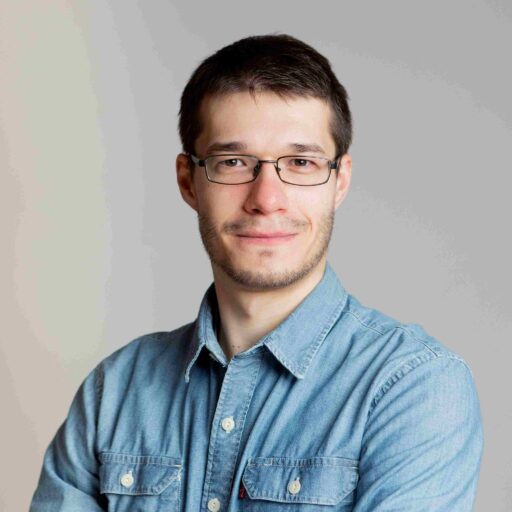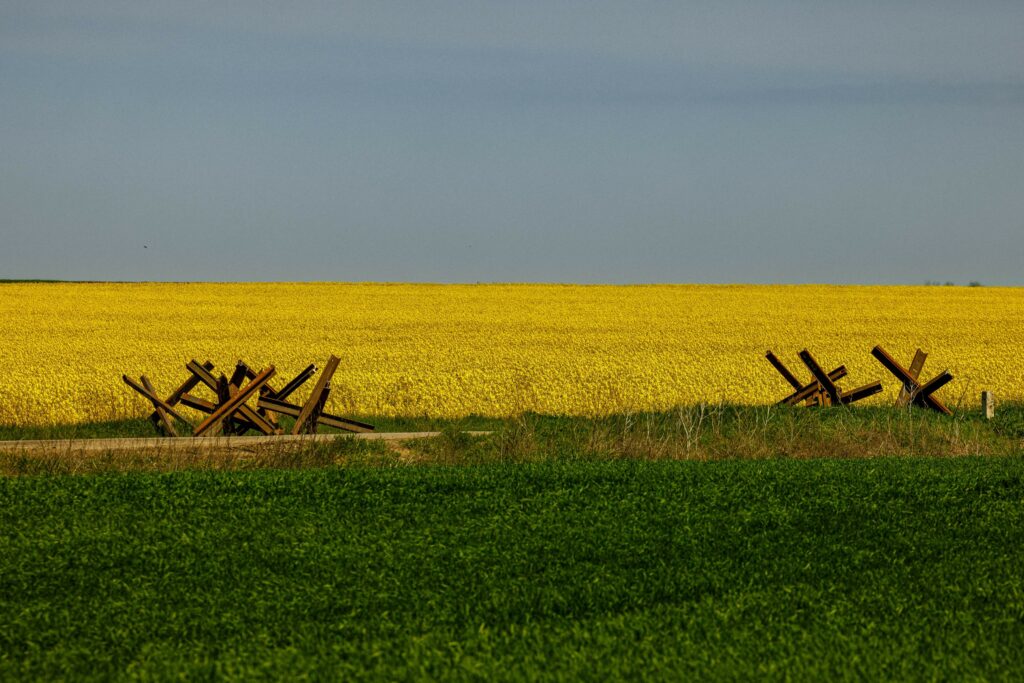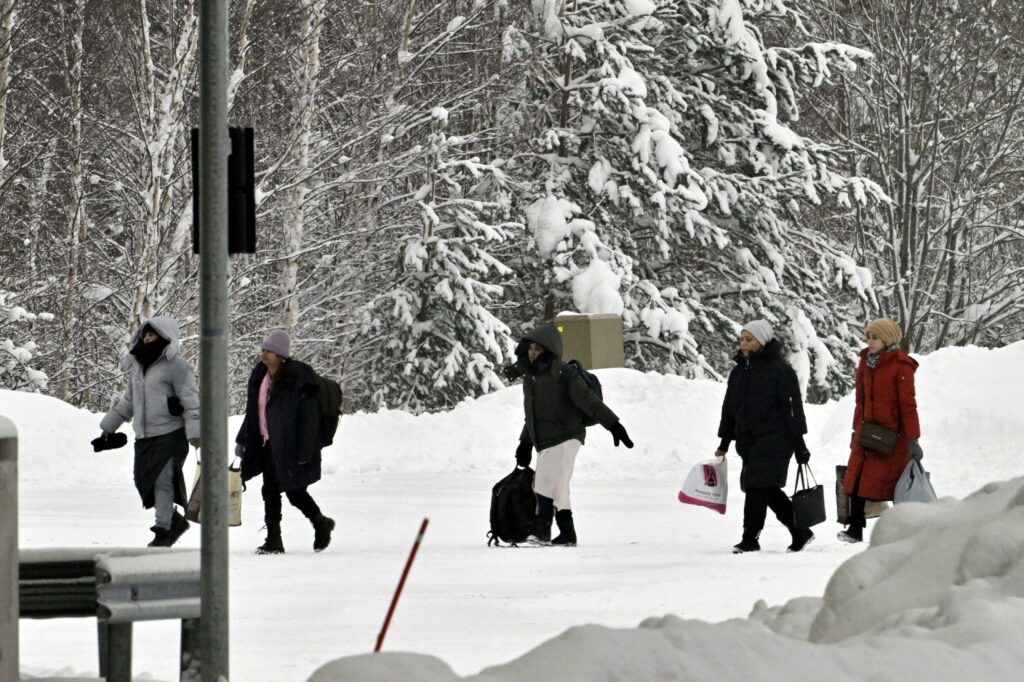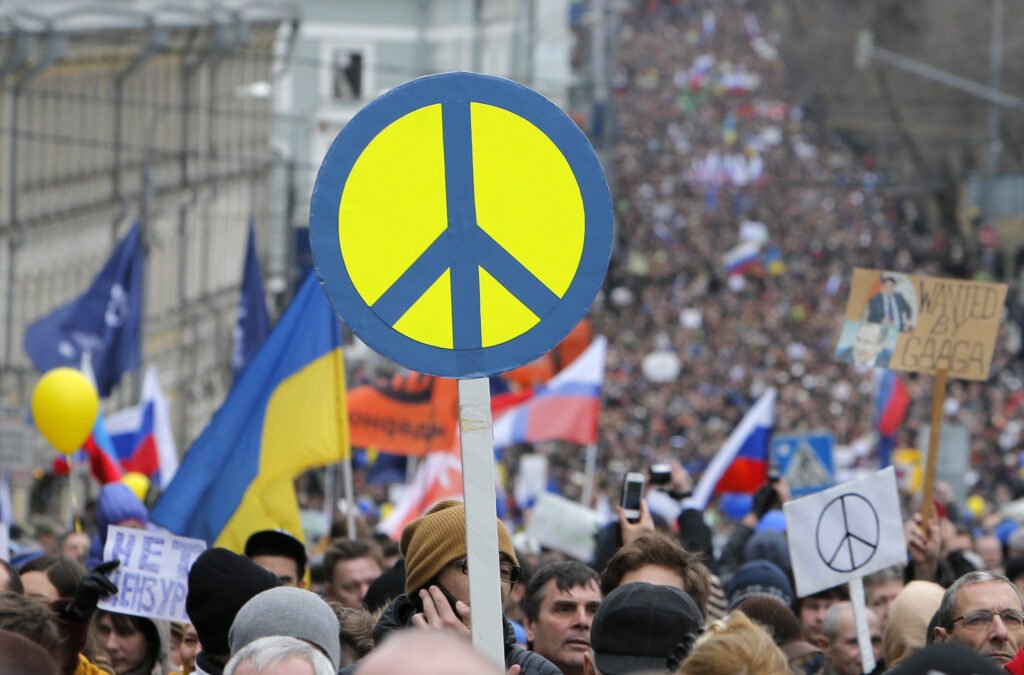Six months have passed since the so-called Nevzlin-gate, the high-profile investigation carried out by the Anti-Corruption Foundation (FBK) into the involvement of Mikhail Khodorkovsky’s associate Leonid Nevzlin in a series of attacks on members of the Russian opposition. This scandal has clearly delineated the lines between key Russian players operating abroad. Political groups in exile continue to cluster around the «two and a half» poles: the Anti-Corruption Foundation, Mikhail Khodorkovsky’s network, and a group of Maxim Kats’s supporters.
On the face of it, the reputational damage associated with the scandal could have undermined Khodorkovsky’s position. But this did not happen. Reactions to the investigation launched by the FBK, which was the injured party in this conflict, ranged from full support to aggressive denial and even accusations against the Foundation itself. What is the reason for such a divergent assessment of the results of the investigation? The answer lies partly in the strategies pursued by the Russian opposition figures themselves. Mikhail Khodorkovsky and his structures have relied on supporting Russians who have left the country, providing them with platforms for adaptation and political activism. While the FBK focuses on its traditional agenda — anti-corruption and democracy — Khodorkovsky’s structures actively work with emigrant communities. At the same time, the figure of Leonid Nevzlin, who has found himself at the center of the scandal, remains on the periphery of the Russian opposition’s discussions and his status has not yet undergone any serious changes. This pattern demonstrates how the strategies of exiled political groups and their interaction with audiences outside Russia can influence the reputations and positions of key players. The future of the Russian opposition movement remains an open question, but one thing is clear: support from expatriate communities is becoming an important element in the struggle for influence and legitimacy.
Strategies and priorities: FBK vs. Khodorkovsky’s network
The FBK and Mikhail Khodorkovsky’s group pursue different strategies to achieve their political goals. The FBK emphasizes a democratic and anti-corruption agenda, focusing on international lobbying, promoting individual sanctions and the release of political prisoners. However, its focus on recent emigrants remains limited. In contrast, Khodorkovsky’s network has expanded its activities through initiatives such as Kovcheg project [The Ark], which provides support to new emigrants and their communities.
The confrontation between these structures highlights not only differences in approach, but also a generational divide within the Russian opposition. There is a difference in working methods and experience between younger activists, most of whom left Russia after the start of the full-scale invasion of Ukraine, and those who have been in exile for a long time. Younger activists are often more technologically savvy and oriented towards digital platforms for organizing and mobilizing, while the older generation adheres to more traditional methods of political action. This gap complicates the coordination of efforts and the possibility of effective cooperation among different groups in exile. Mikhail Khodorkovsky has developed a strong media base, including projects such as MBKh Media, Open Media and The Dossier Centre. Their reach is comparable to that of the FBK platforms. Khodorkovsky is also a co-founder of Anti-War Committee of Russia, which increases his influence among certain groups of Russians and European politicians. Khodorkovsky is actively involved in discussions in the EU, UK and US, drawing on his international contacts as a strategic resource.
FBK turned its attention to Russians in exile with a noticeable delay and kept its narrower focus on political activism. Leonid Volkov, former chairman of FBK, claimed that the organization had helped 1,500 of its supporters to obtain asylum and humanitarian visas. However, FBK did not build its image on these efforts. At the same time, Khodorkovsky’s structures actively defend the interests of Russian emigrant communities abroad. They lobby for exemptions from general sanctions, improved migrant status and support for Russian-speaking communities in Turkey, Serbia, the South Caucasus and the EU. According to a December poll carried out by the Levada Centre, Yulia Navalnaya has the same level of recognition among Russians as Mikhail Khodorkovsky. At the same time, both leaders top the anti-ratings, which can be seen as an indicator of recognizability under a repressive regime rather than the actual attitude of citizens.
Gratitude for helping emigrants
Mikhail Khodorkovsky’s most visible project has been The Ark, a network of hubs (platforms, co-working spaces and co-living centers) in different countries where hundreds of thousands of Russian expatriates have received assistance. According to 398 interviews conducted in the six main host countries, this project has directly or indirectly contributed to the growth of support for Khodorkovsky. The Ark is praised for its practical focus and assistance to emigrants, especially in matters of adaptation and integration.
«The story of Ark is just nice, it’s excellent. People there are engaged in practical matters, and that is really important (…) I communicated with The Ark, managed a conversation club for Ukrainians, Russians, Belarusians — it is a great project.» (Woman, 32 years old, Tbilisi, 10.10.2023).
«Of all these projects, The Ark itself represents and defends my interests the most, because it somehow helps people who have found themselves in a situation like mine» (Male, Belgrade, 31.07.2023).
Some interviewees were actively involved in The Ark projects and noted the satisfaction they derived from these activities. Unlike some other organizations, The Ark is perceived as a structure focused on practical assistance rather than political ambitions, which inspires trust and respect. However, some respondents criticize the organization for focusing more on humanitarian tasks than on political activities or long-term strategy.
There are also comments that the project does not always offer sufficient opportunities for active participation on the part of the migrants or a clear vision for the future. Some see it as an «escape from politics», where politics is perceived as something dirty.
Mikhail Khodorkovsky: an important but controversial figure
The dominant attitude among our informants is that Khodorkovsky is an important but controversial figure. Interviewees speak of respect for his contribution to the opposition movement, but at the same time express distrust of his methods, leadership style and background. The collected material refers to the period before the release of the FBK film «Traitors» and the Nevzlin scandal, but it can be assumed that these events intensified negative sentiments.
Among the positive assessments, informants note Khodorkovsky’s desire to build coalitions, support independent media and cooperate with international structures. For many, he is a figure who proposes «constructive steps» and engages in «real actions». As these are expatriates, their perception of «real action» may differ significantly from the interests of Russians who remain in the country.
«I always support Mikhail Khodorkovsky, I like his idea of creating a coalition, because I think the most important thing is to be able to negotiate.» (Woman, Batumi, 2.7.2023).
«I am now mainly following Mikhail Khodorkovsky and Kasparov. They are now trying to promote in the European Union the idea that Russians should be given visas and somehow helped to absorbed in Europe and America» (Male, 26 years old, Tbilisi, 30.07.2023).
«What Khodorkovsky is doing is a very large-scale, colossal undertaking (…) The support of many media, his initiatives are the right thing to do and I agree with him» (Male, 40 years old, Toronto, 24.07.2023).
Khodorkovsky’s activities, especially his support for Russian expatriates and his engagement with international organizations, are often contrasted with the work of other opposition structures, including the FBK. His approach is perceived as more open and dialogue-oriented.
On the other hand, our interlocutors criticize Khodorkovsky for his tendency to concentrate power in his hands and make authoritarian decisions. This behavior raises suspicions and concerns about his approach not being democratic enough.
«Khodorkovsky decided to support Prigozhin, I don’t approve of that.» (Female, 23 years old, Yerevan, 28/08/2023).
In addition, respondents expressed doubts about the effectiveness of Khodorkovsky’s initiatives, pointing to the lack of a clear long-term strategy and focus on the real problems of the opposition.
«God forbid, no, [this idea of issuing] passports „of good Russians“. No, no, no, it’s terribly embarrassing to see. It’s some sort of vicarious embarassment!» (Woman, Belgrade, [OI1] 19.06.2023).
Some informants note that his past as an oligarch casts a shadow over his current activities. This reinforces the perception of him as an alien figure to a significant part of Russian society.
«Well, I mean, I know there is this forum „Free Russia“. But it’s some sort of Plunder and Flee Inc. (…) Well, if you listen to some of the people there- they’re reasonable people (…) They [can’t] even elect a government in exile. So they know perfectly well that the maximum they can do is build normal media. And by the way, the funny thing is, none of them have created normal media, that’s the funny part. The media that do exist, they exist, maybe (…) with some subsidies from rich people outside Russia (…) For example, if even Navalny is accused of leadership mania, [people say] that once he comes to power he’ll be the same [as Putin] (…) Well, in fact, this can as easily be said about Khodorkovsky, Nevzlin and anyone else (…) [Khodorkovsky] will come to power and will concentrate it in his hands in the very same way.» (Man, 45 years old, Istanbul, 26.08.2023).
Negative assessments are also linked to Khodarkovsky belonging to the «old wave of emigration», which is criticized for being out of touch with modern realities and for underestimating significant social problems within Russia.
«I am not a fan of the [previous] wave of emigration, [of people] like Khodorkovsky and Kasparov. They humiliate what I hold dear about Russia and want to give it up» (Male, 27 years old, Yerevan, 20.06.2023).
In any case, Khodorkovsky plays an important role in the opposition movement. His activities have both garnered support for specific initiatives and international engagement, and provoked criticism for their perceived authoritarianism and detachment from contemporary Russian realities.
A recipe for success
Mikhail Khodorkovsky remains a prominent figure in the Russian opposition outside the country. His projects, such as The Ark, have proved to be successful investments that have partially offset the reputational damage caused by the scandals associated with his name. Media resources played an important, and perhaps decisive, role in building a positive image and retaining the public’s attention.
Many media personalities preferred to avoid open confrontation with Khodorkovsky, as his structures could be perceived as too status- and importance-oriented for the exiled opposition. This has led many observers to adopt a neutral or wait-and-see attitude.
Thus, Khodorkovsky has not only maintained his influence, but also strengthened it through his active outreach to exile and international structures. While his activities remain controversial, his success in reaching out to exile communities and his developed media ecosystem set him apart from other opposition leaders. But it is far from certain that such a strategy can attract supporters inside Russia.











